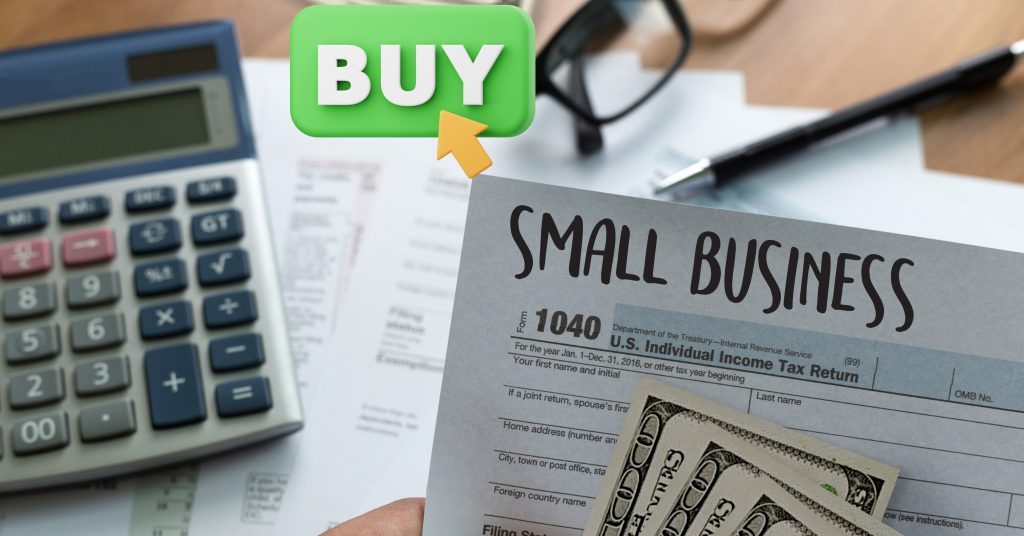Buying a business can be a life-changing decision, offering the opportunity to control your professional destiny and achieve financial independence. However, the process requires careful planning, thorough research, and strategic thinking. This blog will guide you through the essential steps to successfully buy a business.
Assessing Your Readiness in Buying a Business
Before diving into the process of buying a business, it’s crucial to evaluate your readiness. Begin by understanding your motivations. Are you looking for financial gain, personal fulfillment, or a new challenge? Next, assess your financial readiness. Do you have enough capital or access to financing? Finally, identify your skills and experience relevant to running a business. This self-assessment will help you make informed decisions throughout the buying process.
Researching the Market
Once you’ve determined that you’re ready, start researching the market. Identify industries that interest you and analyze market trends and opportunities. Understanding the competition in your chosen industry will give you a clearer picture of potential challenges and advantages. This research will help you narrow down your options and focus on businesses with strong growth potential.
Finding a Business to Buy
Online Marketplaces
Online marketplaces are a great starting point for finding businesses for sale. Websites like BizBuySell and BusinessesForSale list thousands of opportunities across various industries. Use filters to narrow down your search based on location, industry, and price range.
Business Brokers
Business brokers can be invaluable in the buying process. They have access to listings that may not be publicly available and can provide insights into the market. Choose a reputable broker with experience in your desired industry. They can help you find suitable businesses, negotiate deals, and navigate the legal complexities of buying a business.
Networking
Leverage your professional network to uncover opportunities. Attend industry events, conferences, and networking groups. Inform your contacts that you’re looking to buy a business. Often, word-of-mouth can lead to hidden opportunities that aren’t listed online.
Conducting Due Diligence
Due diligence is a critical step in the buying process. It involves thoroughly investigating the business to ensure it’s a sound investment.
Financial Analysis
Examine the business’s financial statements and tax returns for at least the past three years. Assess profitability, cash flow, and financial health. Look for any red flags, such as inconsistent revenue or high debt levels.
Operational Assessment
Evaluate the business’s operations and processes. Understand its customer base, market position, and growth potential. Analyze the strengths and weaknesses of the business to determine if it aligns with your goals and capabilities.
Legal Considerations
Review all contracts, leases, and legal obligations. Conduct background checks on the business to uncover any potential legal issues. This might include pending lawsuits, intellectual property disputes, or regulatory violations.
Valuing the Business to Buy
Accurately valuing a business is essential to avoid overpaying. There are several valuation methods, including asset-based, earnings-based, and market-based approaches. Understand industry standards and multiples. Consider hiring a professional appraiser to get an objective valuation.
Financing the Purchase
Personal Savings
Using personal savings is the simplest financing option, but it requires substantial capital. The advantage is that you avoid debt and interest payments.
Loans and Financing Options
Explore financing options such as Small Business Administration (SBA) loans and traditional bank loans. SBA loans often offer favorable terms for small business buyers. Alternative lenders can provide financing, but usually at higher interest rates.
Seller Financing
Seller financing is another option where the seller provides a loan to cover part of the purchase price. This can be beneficial as it demonstrates the seller’s confidence in the business’s future. However, ensure the terms are clear and manageable.
Negotiating the Deal
Negotiation is a crucial part of buying a business. Develop a strategy that includes your ideal terms and acceptable compromises. Key elements of a purchase agreement include price, payment terms, and transition plans. Flexibility and willingness to compromise can facilitate a successful negotiation.
Closing the Deal
Legal Documentation
Work with a lawyer to prepare and review all necessary legal documents. Ensure compliance with local and federal regulations. Proper documentation protects both parties and ensures a smooth transition.
Transition Planning
Develop a transition plan with the seller. This may include training, introductions to key clients, and transferring supplier relationships. Effective communication with employees and stakeholders is vital for a smooth transition.
Finalizing the Sale
Complete the financial transaction and transfer ownership and assets. This step involves signing the purchase agreement, transferring funds, and officially taking over the business.
Post-Purchase Considerations
Integrating into the Business
Build relationships with employees and customers to foster trust and continuity. Implement changes and improvements gradually to avoid disrupting operations.
Managing the Business
Set short-term and long-term goals. Monitor performance and adjust strategies as needed. Stay proactive in managing the business to ensure continued success.
Ongoing Learning and Development
Continue your education and professional development. Stay informed about industry trends and best practices. Networking with other business owners can provide valuable insights and support.
Conclusion
Buying a business is a significant undertaking that requires careful planning and execution. By assessing your readiness, conducting thorough research, and following the steps outlined in this blog, you can approach the process with confidence. Remember, buying a business is a journey, and each step brings you closer to achieving your professional and financial goals.









